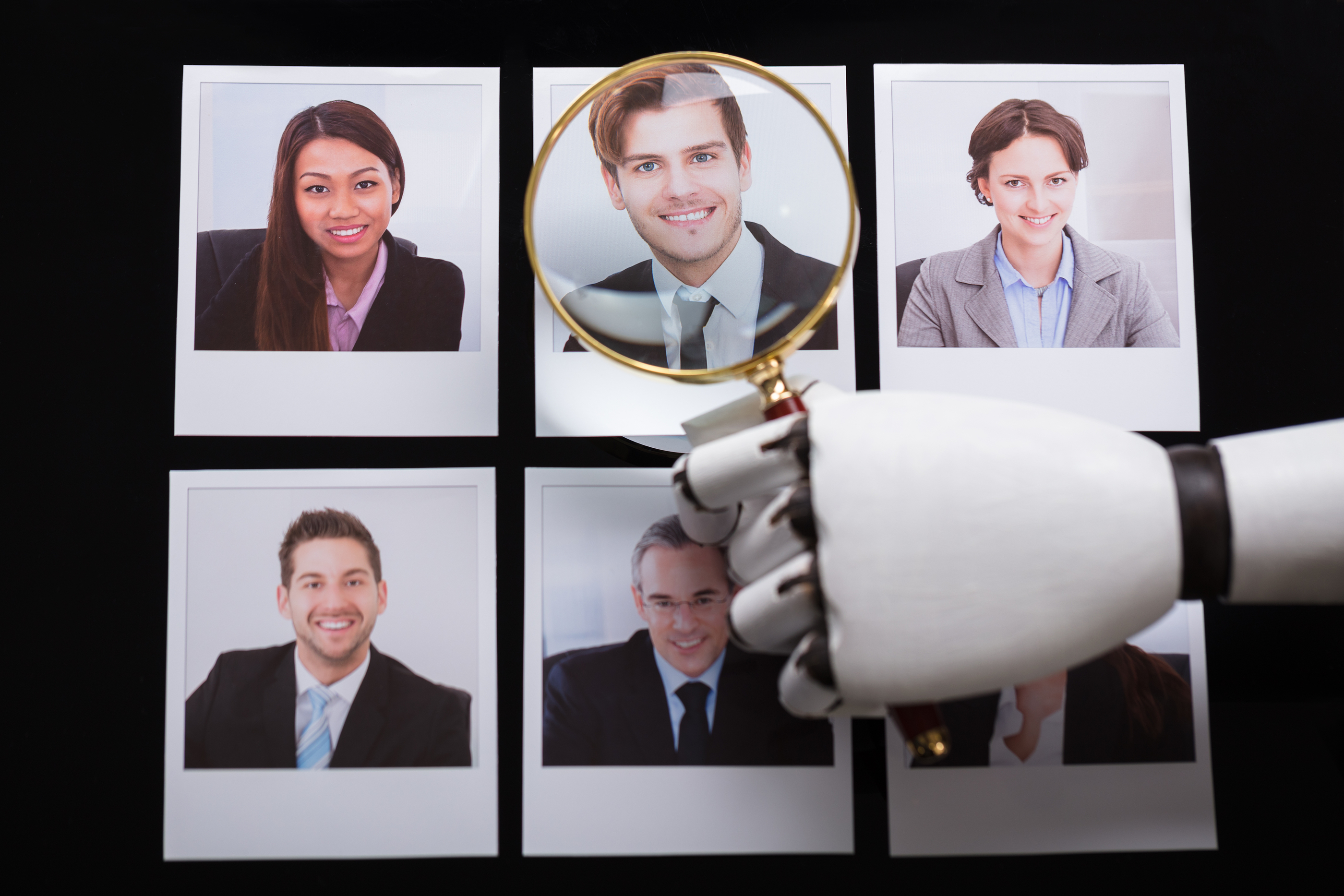
Nearly all Fortune 500 companies use some form of automation in hiring, which is perfectly legal, but is it ethical?
That’s the question Ifeoma Ajunwa is asking. The Cornell University sociology and law professor is concerned about the potential for bias when using artificial intelligence (AI) tools and she believes experts should take a closer look.
She says potentially faulty algorithms could damage the process. “When you think about automated hiring, the impact is far higher than any one potentially biased human manager.”
Whether it’s a robot avatar interviewer or a computer weeding out potential employees by scanning keywords used in resumes, using AI tools in the hiring process is part of a general trend of making decisions based less on candidates’ resumes and more on their personalities. Experts call the proliferation of AI, machine learning (ML) and data science tools “The wild west of hiring.” And concerns about bias, fairness, transparency and accuracy are being raised.
Collecting Data
Ajunwa is researching the societal implications of platforms like the one developed by HireVue.
The Utah-based company delivers AI-based assessments of digital interviews to more than 50 clients. Its algorithm compares candidates’ tone of voice, word clusters and facial micro expressions (database points of smile, eyebrow movements and more) with people who have previously been identified as high performers on the job.
“We’re now using artificial intelligence to help companies find the very best talent,” says Kevin Parker, Hirevue Chairman & CEO. “We’re providing a very fair, very level playing field for people to really shine.”
But Ajunwa counters, “The important thing is, there is no clear established pattern of what facial expression is needed for any job. So applicants could be eliminated for facial expressions that have nothing to do with that job.”
Alex Wong, a recent graduate of University of Illinois in Chicago, recently went through the interview process with 30 different companies. Ten of those interviews were HireVue interviews. He believes that it was not his education or work experience that kept him from getting a job, but the AI interview. He’s now a junior credit analyst and his employer, who prefers an in-person interview, says, “In my 30 years of doing this, he’s probably one of the top 3 or 4 or 5 kids who have come through here.”
Another way companies are using AI in the hiring process is by reviewing candidates’ social media accounts. DeepSense, based in San Francisco and India, helps hiring managers scan people’s social media accounts to bring underlying personality traits to the surface. The company says it uses a scientifically-based personality test, which can be done with or without a potential candidate’s knowledge.
“Most of the time it’s telling me the right thing. It’s not perfect, but now let’s remember, everything is relative,” says Amarpreet Kalkat, Co-Founder & CEO of Deepsense. “It’s still experimental for a lot of people.”
While what someone posts on social media is public information and using it to assess a person’s fit for a job is legal, Ajunwa says that it’s not necessarily ethical, as most people don’t imagine that what they’re posting is going to be collected to be used against them.
Now Available: AI and Ethics in Design, Part 2
Artificial Intelligence and Ethics in Design: Responsible Innovation covers the bias issue and more. This cutting edge training program from IEEE is part two of our AI and Ethics in Design program, offering five of 10 courses. Intended for industry professionals, the courses are focused on integrating AI and autonomous systems within product and systems design. Connect with an IEEE Content Specialist about group discounts your organization today.
Resources
Hilke, Schellmann; Bellini, Jason. (20 Sept 2018). Artificial Intelligence: The Robots Are Now Hiring. The Wall Street Journal.


[…] has the potential to streamline both the search process and the hiring process, taking over time-consuming tasks for humans. Now, job candidates not only have to get past human […]